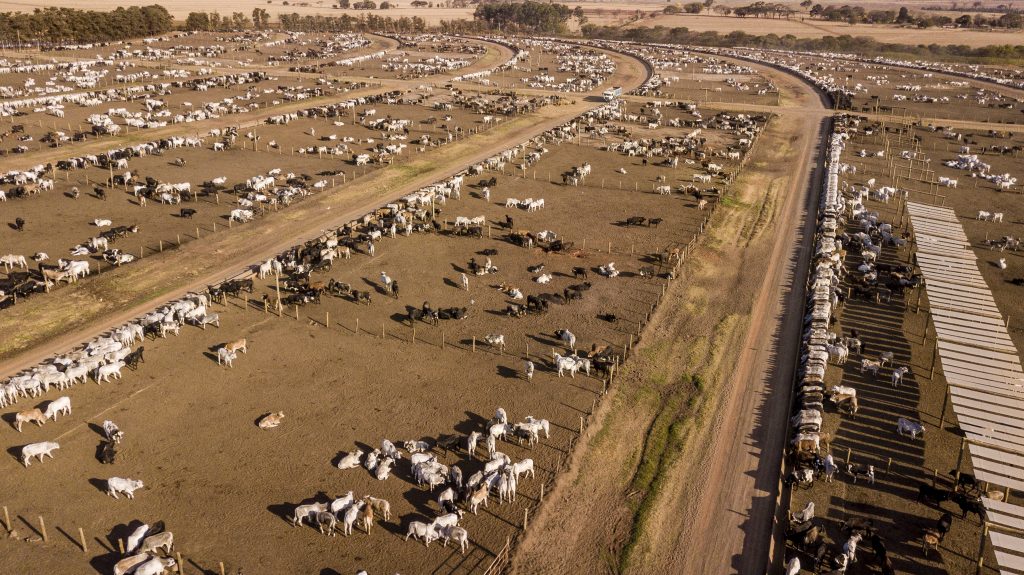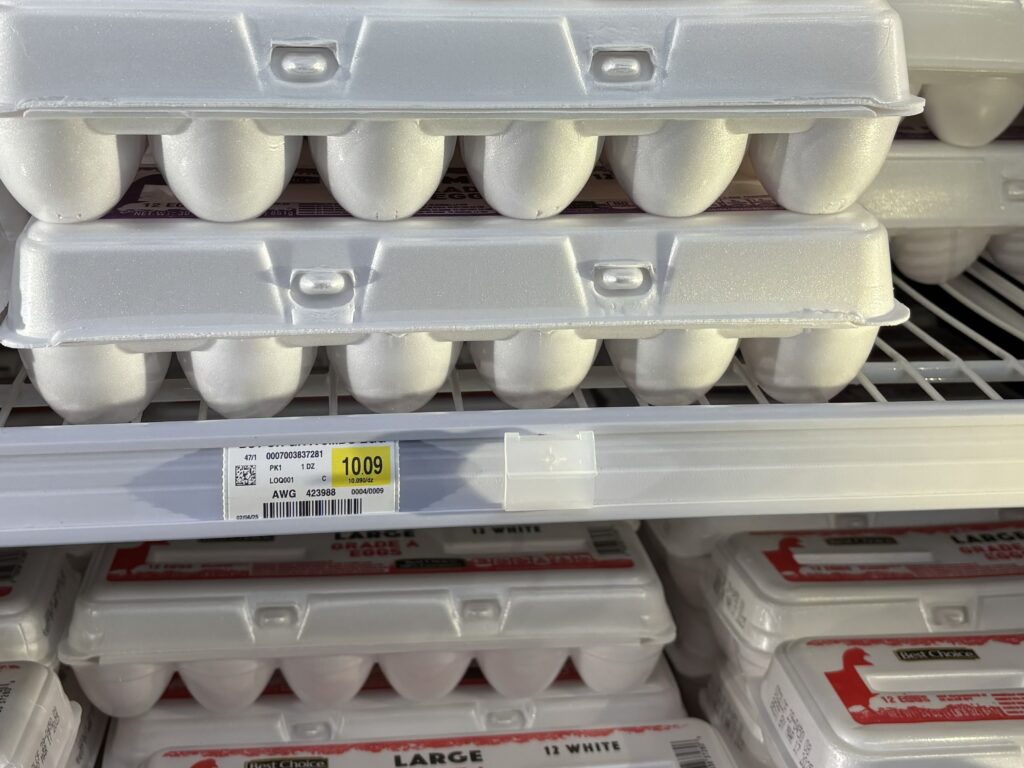Reposted from: https://www.commondreams.org/news/2021/07/28/family-farm-action-alliance-releases-report-counter-big-ags-deception
In an effort to inform policymakers, advocates, and the public about the impacts of agrifood corporations on the U.S. food system and build support for transforming the nation’s agricultural practices, the Family Farm Action Alliance released a new report on Wednesday that details how Big Ag’s survival depends on externalizing costs and perpetuating myths about the supposed lack of more just and sustainable alternatives.
“Time and time again family farmers, rural communities, and good food movement advocates have pushed to shift government support away from industrial agriculture and toward a more resilient and equitable system,” Joe Maxwell, president of Family Farm Action Alliance, said in a statement. “Time and time again, we have failed—because Big Ag controls the narrative. Our report offers a playbook to counter Big Ag’s deception and finally break their stranglehold on our food system.”
Titled The Truth About Industrial Agriculture: A Fragile System Propped Up by Myths and Hidden Costs, the report (pdf) documents how corporations involved in the “economically flawed” agribusiness model “intentionally evade costs all along their supply chains.”
The costs that agrifood corporations avoid paying don’t simply disappear, however. Instead, the bill is passed along to “poorly paid and badly treated” agricultural workers, rural communities, and consumers who are forced to contend with “unequal access to affordable, healthy food,” the report says. These costs “eventually surface in the form of taxpayer-funded subsidies, a degraded environment, and poor public health outcomes.”
If actors in the corporate food regime were required to internalize the true costs of production, the report notes, “their businesses would no longer be economically viable and they would not be competitive with independent farmers and ranchers.”
The report identifies several “costs of doing business that industrial agrifood corporations simply don’t pay,” including:
- worker safety, healthcare, and liveable wages;
- farm debt and adequate income for producers;
- increased local infrastructure maintenance taxes and utility maintenance;
- producer’s share of the retail price;
- rising crop insurance premiums;
- weather-related yield decreases; and
- drinking and recreational water contamination.
According to the report, the negative consequences of industrial agriculture that powerful entities shift onto farmers, consumers, and taxpayers hit low-income communities hardest of all.
“Control of agricultural markets and concentration of power has proven to be a lucrative business for industrial agrifood corporations,” wrote Emily M. Miller, research and policy manager for Family Farm Action Alliance and author of the report. “The erosion of antitrust enforcement, unbridled mergers and acquisitions, and monopolistic control of the agrifood system from local to global markets have yielded highly concentrated markets and corporations with unprecedented political and economic power.”
Miller added that:
There is no more compelling evidence for the artificiality of agricultural markets than the feed-meat complex. The feed-meat complex is a cycle of constant feed-grain monocultures and concentrated animal feeding operaton-raised livestock. Over decades of farm market erosion and political influence, industrial agrifood corporations have created the demand in domestic and foreign markets for commodities, trapped farmers into constrained production practices and contracts, and created taxpayer subsidies and mandatory producer fees to fund the entire system—all while targeting links of exploitation and profit extraction within the supply chain.



